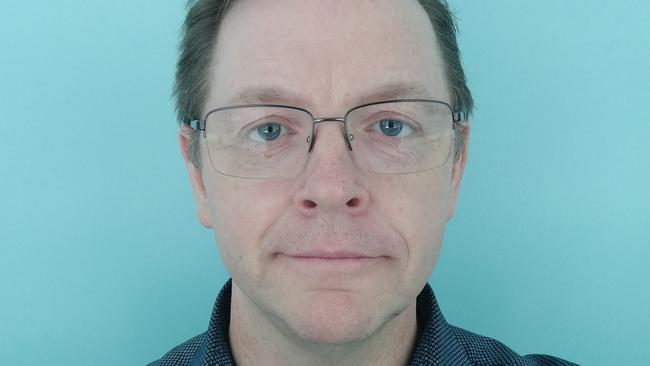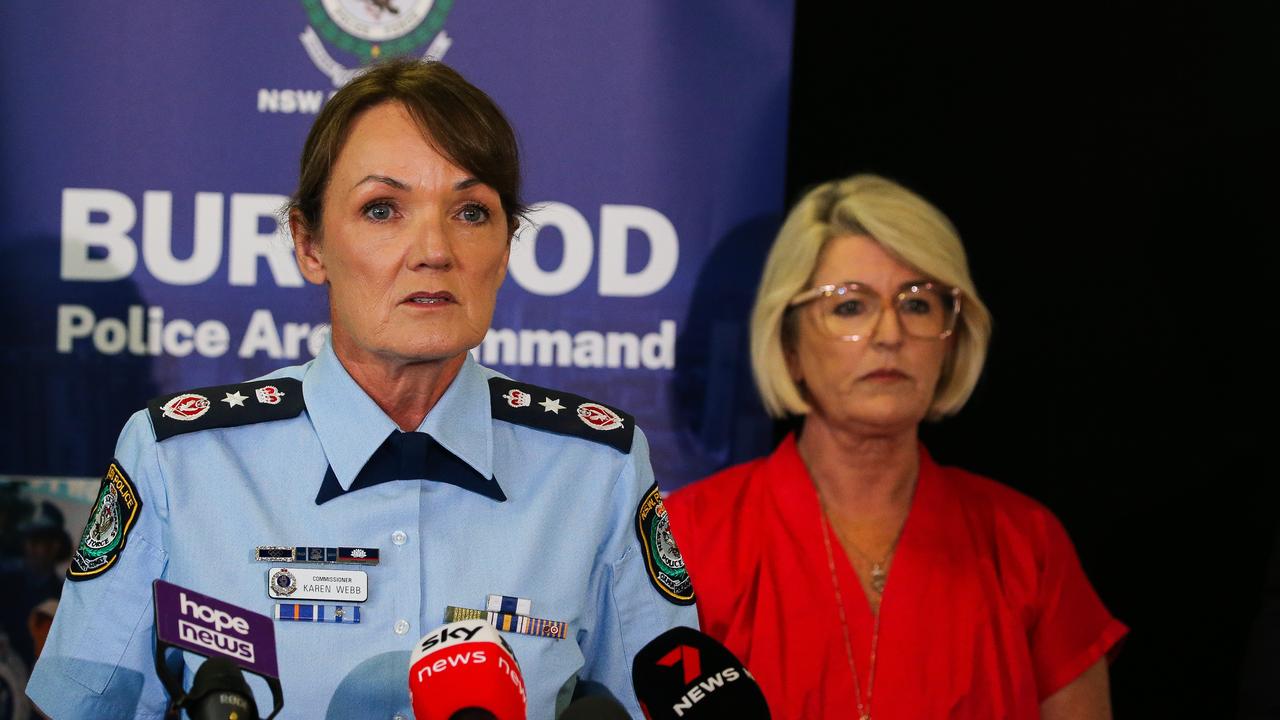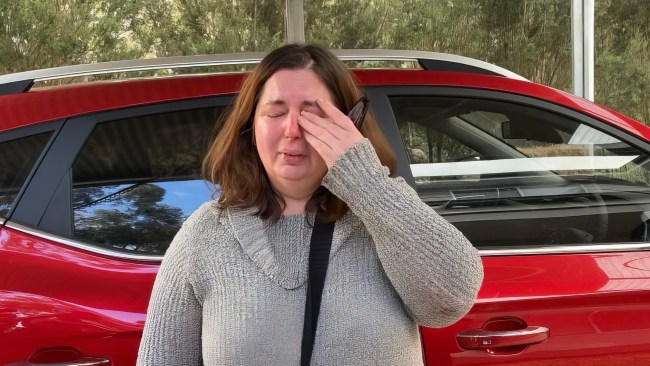South Korean resurgence of coronavirus cases has Australian experts worried
Infectious disease experts are concerned about a second outbreak of coronavirus affecting Australians who have already recovered.

Infectious disease experts are concerned that a second outbreak of coronavirus affecting the more than 1800 Australians who have already recovered from the disease could occur, after health agencies in South Korea raised the possibility that more than 100 people who had recovered from the virus may have been reinfected.
South Korean health officials revealed on Monday that 116 people who had been cleared of the coronavirus had tested positive again, up from 51 a week prior.
The announcement has raised questions about whether some people are unable to develop or maintain immunity after infection with COVID-19.
Infectious disease experts in Australia are regarding the South Korean cases cautiously, saying one explanation is that the virus may remain detectable for many weeks after infection, or that the results are false positives.
However, there is widespread agreement among experts that immunity to COVID-19 is unlikely to last long-term.
“I don’t doubt that we can be reinfected by the same virus, but we shouldn’t be getting ill to the same extent,” University of Queensland virologist Ian Mackay said.
“If it was a symptomatic infection, you should have a good immune response.”
Professor Mackay said the experience with the original SARS virus from 2002 showed that antibodies persisted in the body for some time.
“For SARS, the original antibodies could be detected for at least 12 months,” he said. “And t-cell immunity, which is the other arm of the immune system, and probably the controlling arm, can still be detected for SARS about a decade or more after infection. So for that coronavirus, and I don’t think there’s much reason to believe this one will be different, we had solid immune memory.”
Whereas with many diseases, such as measles, infection once affords immunity for life, this is not the case with most coronaviruses. For coronaviruses that cause the common cold and pneumonia, reinfection is most likely where it is with a different strain from the original virus, but the illness experienced tends to be milder.
The World Health Organisation is investigating the cases from South Korea, including by analysing the quality of the tests being conducted.
Shane Thomas, a professor at the Australian National University’s Research School of Population, said if the South Korean cases were genuine examples of reinfection, it would change how Australia fights the virus even more drastically than the discovery of asymptomatic carriers.
“If we discovered that certain people could be reinfected … that means you would have to continue to monitor people who have recovered from the virus to prevent community spread, which is not how we do it in Australia. We tell them to go home and then forget about them.
“If we have to monitor the new cases and the old cases, that’s so expensive to do and distracts from your clinical efforts.”
The Korean Centre for Disease Control has dispatched a team to the city of Daegu, where almost half of the reinfections occurred. Its director, Jeong Eun-kyeong, said the virus may have been “reactivated” in the patients after lying dormant in the bloodstream, rather than reinfecting them.



To join the conversation, please log in. Don't have an account? Register
Join the conversation, you are commenting as Logout